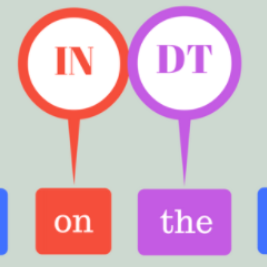A growing body of work makes use of probing to investigate the working of neural models, often considered black boxes. Recently, an ongoing debate emerged surrounding the limitations of the probing paradigm. In this work, we point out the inability to infer behavioral conclusions from probing results and offer an alternative method that focuses on how the information is being used, rather than on what information is encoded. Our method, Amnesic Probing, follows the intuition that the utility of a property for a given task can be assessed by measuring the influence of a causal intervention that removes it from the representation. Equipped with this new analysis tool, we can ask questions that were not possible before, e.g. is part-of-speech information important for word prediction? We perform a series of analyses on BERT to answer these types of questions. Our findings demonstrate that conventional probing performance is not correlated to task importance, and we call for increased scrutiny of claims that draw behavioral or causal conclusions from probing results.
翻译:越来越多的工作利用探究来调查神经模型(通常被视为黑盒)的运行情况。最近,围绕探究模式的局限性展开了一场持续的辩论。在这项工作中,我们指出,无法从检验结果中推断出行为结论,我们无法提供一种替代方法,侧重于信息是如何使用的,而不是信息是如何编码的。我们的方法Amnesic Probing遵循的直觉是,通过测量因果干预的影响来评估财产对某项特定任务的作用,而这种干预将它从代表中排除出来。在使用这一新的分析工具后,我们可以提出以前不可能的问题,例如,对字数预测很重要的语音信息的一部分?我们进行了一系列关于生物伦理学的分析,以回答这类类型的问题。我们的研究结果表明,常规检验业绩与任务的重要性无关,我们要求加强对从检验结果中得出行为或因果结论的索赔的审查。



